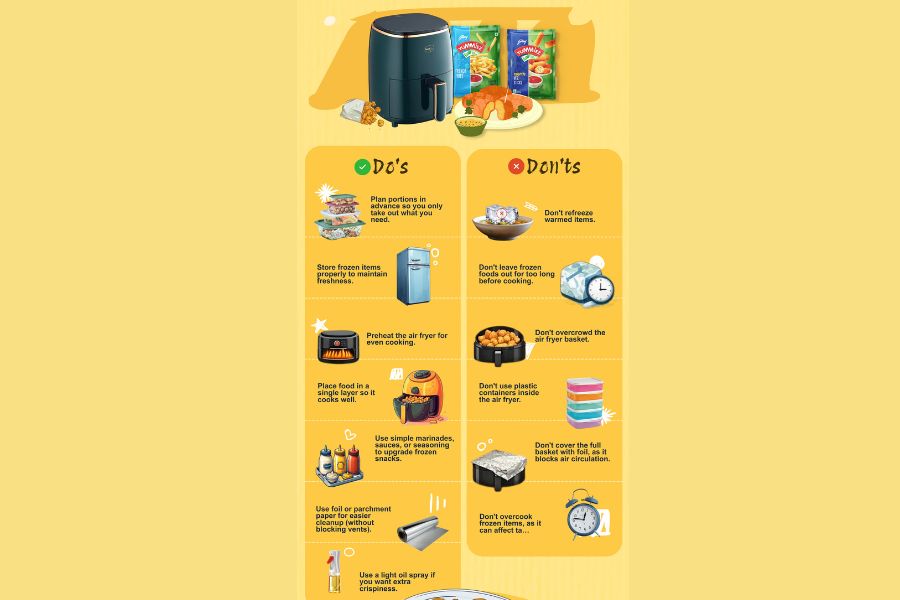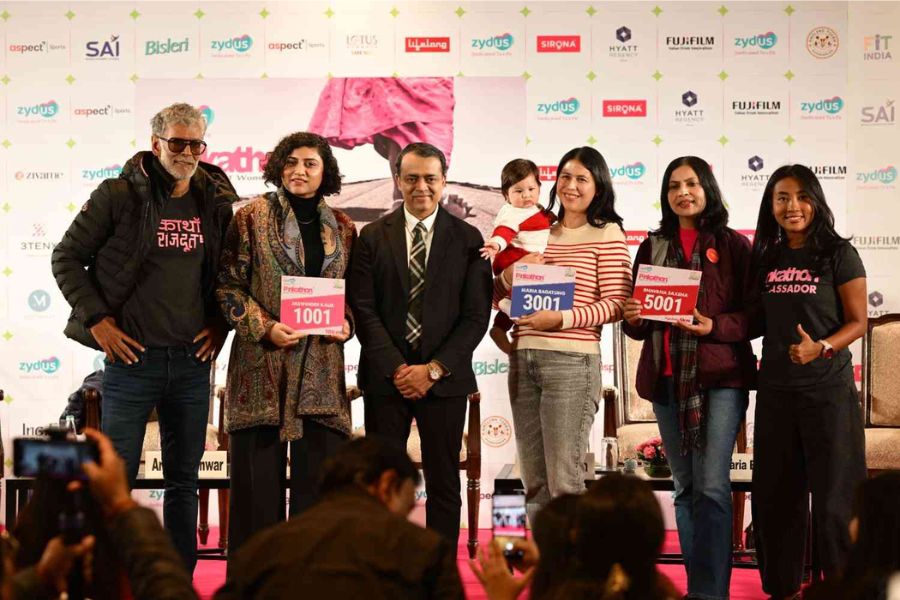I have to confess that when I read the news that Douwe Egberts were about to launch a charity selfie campaign, I felt a little shiver of anxiety.
There is a long and inauspicious history of brands trying to piggyback on grassroots viral activity, and usually it doesn’t end particularly well.
Clearly inspired by the likes of #NoMakeUpSelfie and #IceBucketChallenge, the brand will ask coffee lovers to take their best coffee 'tache selfie, donate money to prostate cancer and then nominate three friends to do the same.
But why did I feel such anxiety? I guess my principle concern with brands jumping on the selfie campaign bandwagon is that it could feel a bit opportunistic and inauthentic.
But more than that, perhaps the selfie campaign mechanic has reached its natural shelf-life? Have we got to a point where this kind of online behaviour has reached saturation point?
It got me thinking about what makes these campaigns work, and how brands could, or even should, try to get involved.
The reality is that whilst there is nothing inherently wrong with selfie campaigns, a brand or charity using this mechanic needs to carefully consider three things.
1. How are they authentically linked to the cause?
2. Does the thing you are asking people to do connect strongly to your message?
3. Are you adding enough of a new twist to get people re-engaged?
The first point is the most important. Brands, like people, are trusted when they behave consistently, in line with clear and stated values.
Standing up for good causes is great, but only if it aligns with existing values and demonstrates a track record.
Personally I believe brands can play a very active and positive role in assisting good causes, but it has to be handled sensitively, in areas where the brands have earned the right to have a view.
Point two is more about execution – does the thing you are asking people to do actually connect to your message? This is a point we took to heart earlier this year when planning the #FeelingNuts campaign for Check One Two (a social movement designed to get men to check their testicles more regularly, thus preventing unnecessary death from testicular cancer).
We made sure that all our campaign content involved balls in some way – from a global crotch grab to naming your nuts. It needed to be clear why we were asking people to get involved, without some elaborate post-rationalisation.
I guess the final point is that for a format like this to continue to be effective you need to keep re-inventing it otherwise it will get really tired.
In the online world, obsessed with The Next Big Thing, coming up with new ways to make the format engaging is vital, but of course, also really difficult.
Time will tell if Douwe Egberts campaign becomes the next #NoMakeUpSelfie or the next #WakeUpSelfie (remember that debacle), but brands need to enter this space incredibly carefully.
Consumers are smart, and will see through opportunism quickly. Be true to yourself and your core values, and you’ve got a chance.




